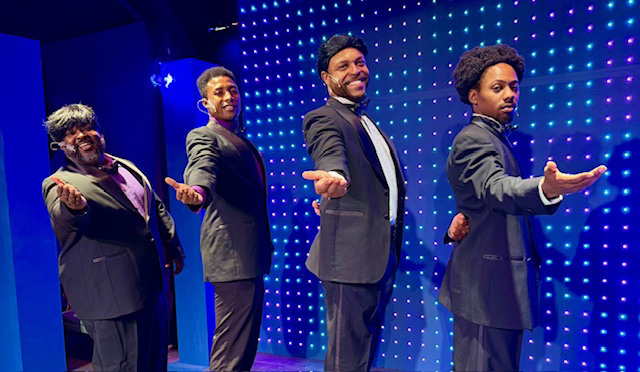URGENT UPDATE: In a bold statement that has ignited fierce debate, journalist Mehdi Hasan argued that if Christians can ring church bells, then Muslims should be allowed to broadcast the call to prayer from mosques. This assertion comes in light of ongoing complaints from residents in the U.K. regarding the early morning Adhan, or call to prayer, which can begin as early as 5 a.m.
Hasan’s comments have struck a chord as communities grapple with the balance of religious expression and noise regulations. In various councils across the U.K., local authorities have imposed restrictions on the timing and volume of these broadcasts. The discourse has intensified, with many questioning whether noise pollution laws apply equally to all faiths.
“If you can have your church bell, we can have our Islamic prayer call,” Hasan stated in a recent broadcast, challenging perceptions and sparking discussions on religious equality. This issue is particularly sensitive in the current climate, where divisions over faith and freedom of expression are at the forefront of public consciousness.
Critics of the Adhan have raised concerns about its timing and volume, arguing that it disrupts the peace in residential areas. Some have even suggested the implementation of laws to limit the call to prayer similarly to how church bells are regulated. The juxtaposition of church bells, often viewed as a historical symbol of faith in many nations, against the Islamic call to prayer creates a complex dialogue about cultural acceptance and coexistence.
DEVELOPING STORY: The Vatican has recently taken steps to accommodate diverse faiths by announcing the installation of a prayer room for Muslim scholars at the Vatican Apostolic Library. According to Fr. Giacomo Cardinali, “Some Muslim scholars have asked us for a room with a carpet for praying and we have given it to them.” This initiative has further fueled the debate over religious rights and representation in predominantly Christian nations.
Meanwhile, in the U.S., Representative Chip Roy has introduced the “Preserving a Sharia-Free America Act,” aiming to address concerns surrounding the influence of Islamic law in American society. Roy’s stance echoes sentiments held by many who fear the implications of increasing religious diversity. The Freedom Caucus has backed his efforts, emphasizing the need to safeguard constitutional principles.
As tensions rise, the question remains: how will communities reconcile their differing beliefs while maintaining respect for all faiths? The ongoing discourse highlights a critical moment in the global conversation about religious freedom and the implications of cultural integration. With the stakes high, many are left wondering what this means for the future of interfaith dialogue.
NEXT STEPS: As debates continue, both in the U.K. and the U.S., observers are urged to consider the broader implications of these discussions on community cohesion. Local councils and political leaders will need to navigate these sensitive issues carefully, balancing respect for religious practices with the rights of residents to peace and quiet.
In a rapidly evolving world, the way societies respond to these challenges will shape the landscape of religious expression for generations to come. Stay tuned for further updates as this story develops.







